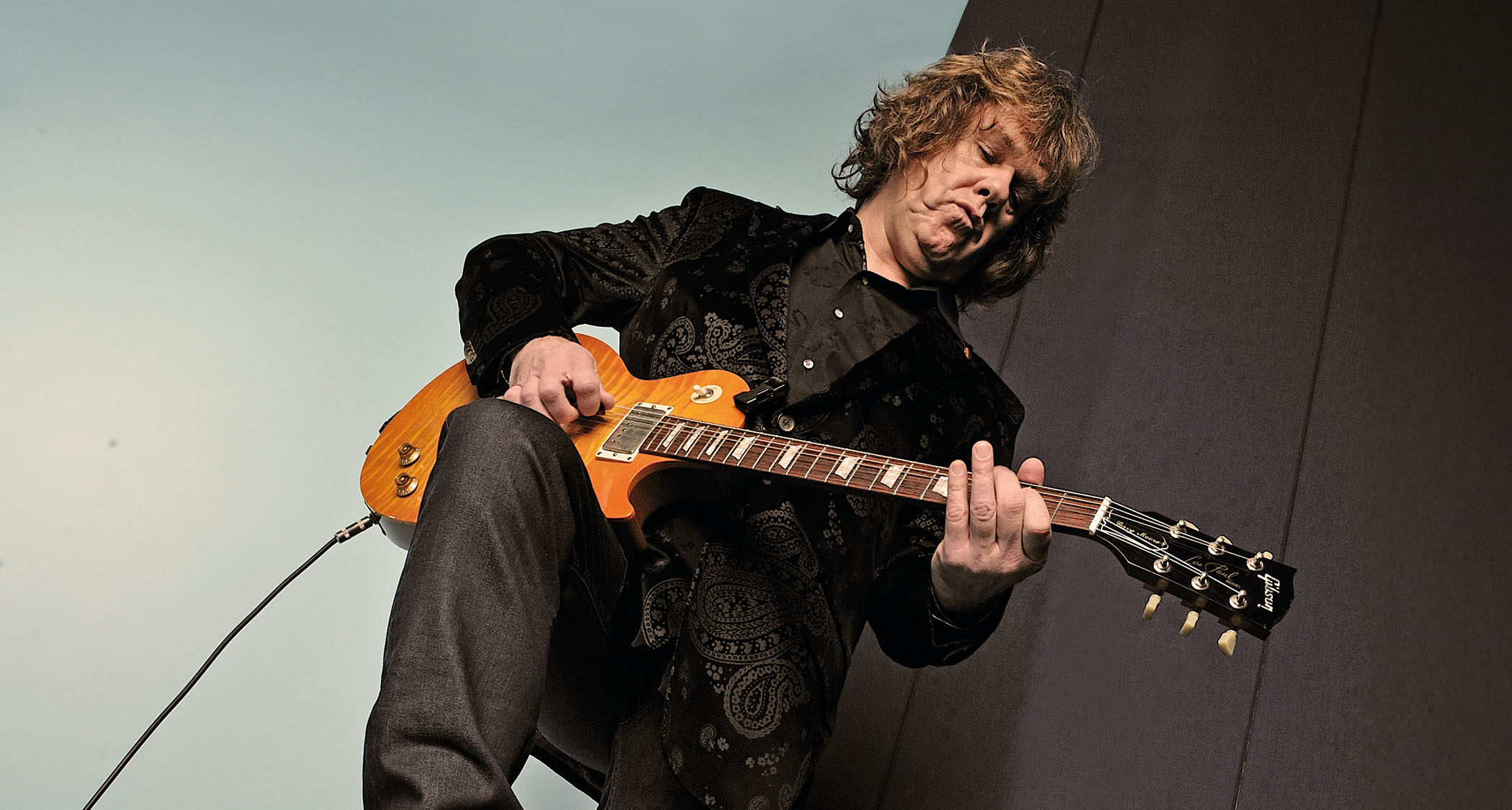Introducing Paoletti Guitars, the firm that builds electric guitars from old wine barrels
With small ’shop boutique makers popping up on a seemingly daily basis, what’s different about Paoletti Guitars? We ask the company’s MD, Filippo Martini
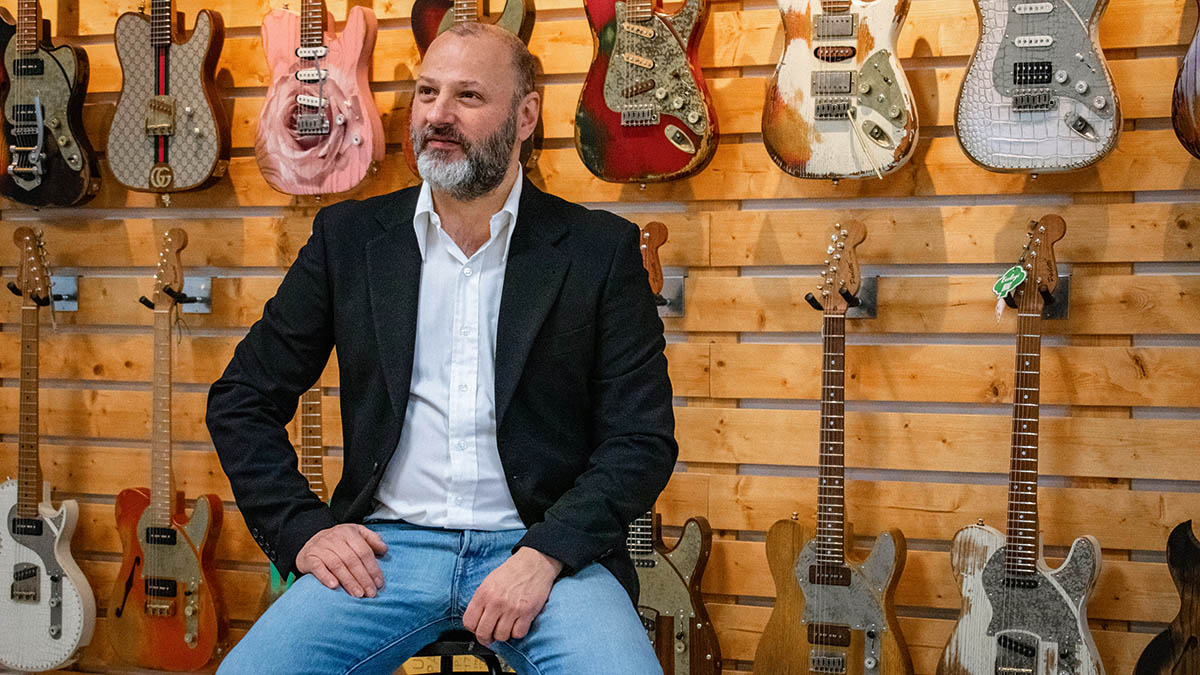
All the latest guitar news, interviews, lessons, reviews, deals and more, direct to your inbox!
You are now subscribed
Your newsletter sign-up was successful
Paoletti has been crafting unique guitars in Tuscany since 2005. Its founder, Fabrizio Paoletti, has a background in electrical engineering and automation, shares Filippo Martini, Paoletti’s managing director. “Guitar was a passion for him and still is today,” Filippo says. “That passion is also for the guitar as an instrument – its components, the way it plays, its sound; it fascinated him.”
Fabrizio started small, but now Paoletti’s operations are housed in a sizable modern three-storey building.
“Where we are now – in the middle of Tuscany, very close to Florence – isn’t where the company was established,” says Filippo. “This is the third headquarters of Paoletti Guitars. The first one was like a garage; the second one was three times a garage,” he laughs. “We moved here about a year and a half ago into this new building because the company required space as the demand for the guitars was increasing.
“The aim of Fabrizio was to create a custom-shop reality,” he continues. “We were looking for a building that was able to store our machines because most – I would say 90 per cent – of the component parts are made here. So we needed more space for the dusty woodwork, more space for the painting process, and more space for the pickup manufacturing and so on.
“We now have 10 people working here split between the office side and production; most of those are in the artisan section and build the guitars, and they are able to cover all the processes of the guitar making. And Mr Paoletti is here every day, of course.”
18 years on, Paoletti now makes around 500 guitars annually. “We have around 70 official Paoletti dealers worldwide but zero in Italy,” says Filippo, “so we do mainly export and in Italy we deal directly with the end-users. I would say 90 per cent of our guitars are exported. Our biggest markets are the USA, then the UK and Germany are at the same level; then we move to Japan, China, Australia, then other parts of Europe. France and Russia are good countries for our sales, too.”
Wood Choice
The feature that initially put Paoletti on the map was the unusual choice of body wood: chestnut, reclaimed from old wine barrels.
All the latest guitar news, interviews, lessons, reviews, deals and more, direct to your inbox!
“It ranges in age from 80 to 150 years old,” Filippo tell us. “In many wineries, the life of a wine barrel is a cycle. So after, maybe, eight to 10 years it is no longer any good for wine making, so it’s replaced, and we give them a new life. So the supply is, I’d say, endless. But it’s absolutely not free from the wineries – they want a lot of money for the barrels.
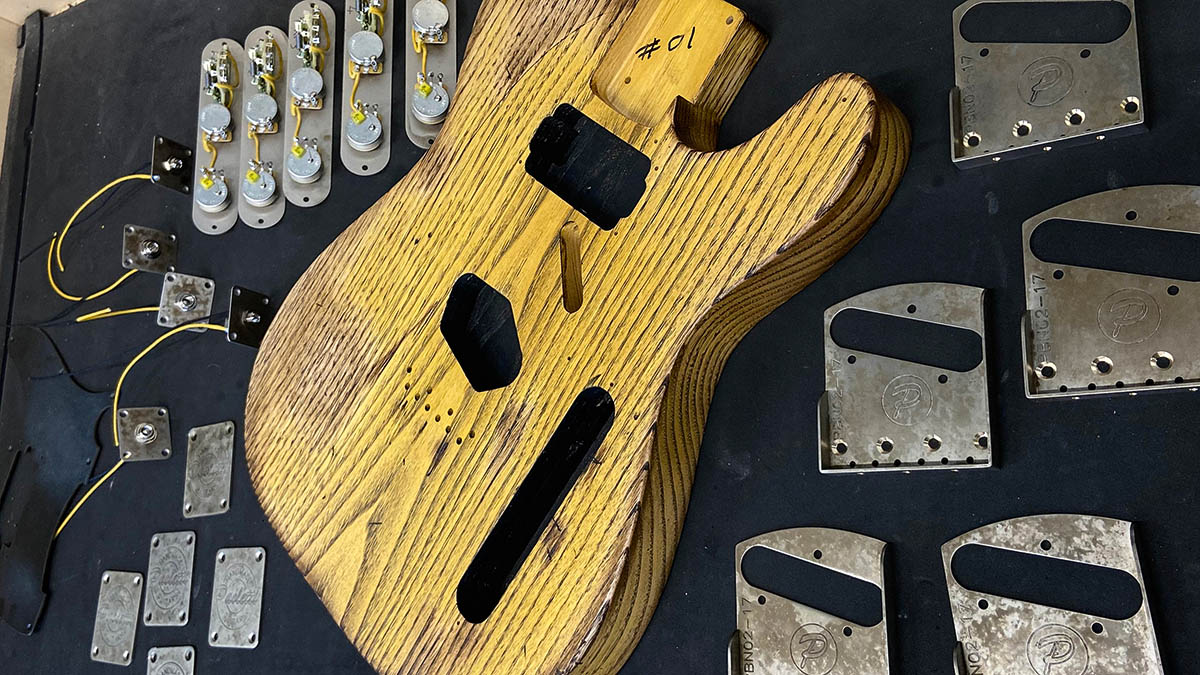
“At the very beginning we had to learn how to master the properties of chestnut,” he reflects. “It’s not just the body of the guitar but the effect of chestnut on the other components. You have to find the right neck to fit the needs of chestnut; you have to find the hardware that works with chestnut. It’s a very resonating wood with tons of sustain.
“While that’s positive, in the same way you have to master it with the right alignment of components. So a Paoletti guitar has a chestnut body that is orientated on the middle and bass frequencies, so you put the high frequencies out with a maple neck. All our necks are roasted, quality hard maple from Canada. Then there’s a touch of customisation with the fretboard to create a blues guitar or a hard-rock guitar. For a blues guitar, I would suggest maple, 100 per cent.”
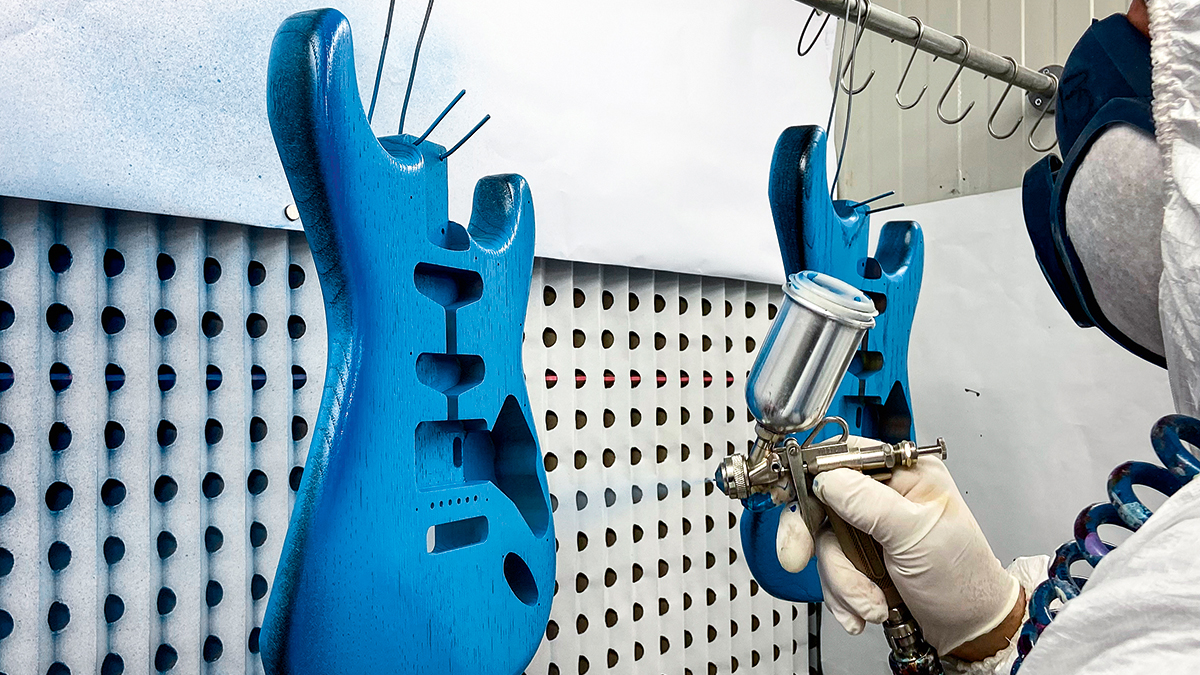
As we note in our review of the 112 Loft Series 2P90, the grain lines of the body wood seem almost enhanced. We asked if that was because of any special finishing process. “No, it’s the natural look of chestnut,” says Filippo, “We try to leave the face of the chestnut as natural as possible in order to preserve its origin, its identity.
“The kind of paint we use on the bodies is not a glossy finish, it’s a nitro and a paint that we developed with a paint company here in Italy that allows our chestnut to vibrate. It doesn’t create a solid thick layer. So, yes, that’s why you can see and feel the grain of the body wood.”
Metal matters
Another theme that runs through the guitars is the use of brass for the scratchplates, and neck and bridge plates. “They are made here, sanded here and then aged here,” says Filippo. “In this way – a decision that Fabrizio wanted to keep from the very beginning – if we manufacture the majority of our components it’s a benefit because we can offer more custom possibilities and importantly we never run out.
“We put a clear plastic cover on the plates, but it’s the only plastic you’ll find on a Paoletti guitar because one of our goals is to create an almost all-plastic-free guitar. But that slim covering is to avoid any scratches and avoid humidity corrosion of the brass. We expect the customer to remove it when they get the guitar so the brass plates will start their life.”
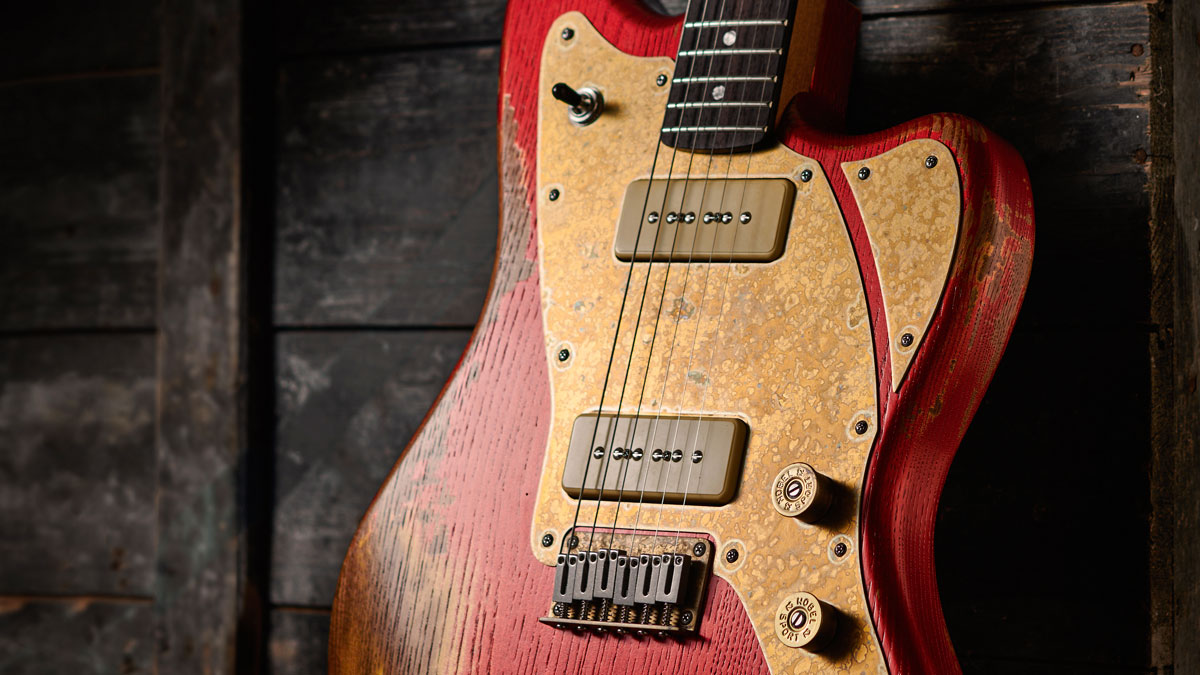
It’s the same deal with the pickups, which are also made in-house (with the exception of the Seymour Duncan bass pickups). “All our pickups are also designed to reflect the needs of the chestnut body wood.”
Along with the plastic-free intention, Paoletti works with Bristol, UK-based social enterprise Ecologi. For every guitar sold Paoletti pays for 20 new trees to be planted, plus it has just started a carbon-neutral project to offset its CO2 emissions via a wind-farm project in North East Brazil.
As to the future, Paoletti is equally considered. “We are hoping to increase our production,” concludes Filippo, “but only in a way that allows us to control the quality. We’d prefer to increase by only 100 instruments a year instead of doubling our production and offering lower quality, so the company will grow but with the same quality.”

Dave Burrluck is one of the world’s most experienced guitar journalists, who started writing back in the '80s for International Musician and Recording World, co-founded The Guitar Magazine and has been the Gear Reviews Editor of Guitarist magazine for the past two decades. Along the way, Dave has been the sole author of The PRS Guitar Book and The Player's Guide to Guitar Maintenance as well as contributing to numerous other books on the electric guitar. Dave is an active gigging and recording musician and still finds time to make, repair and mod guitars, not least for Guitarist’s The Mod Squad.
